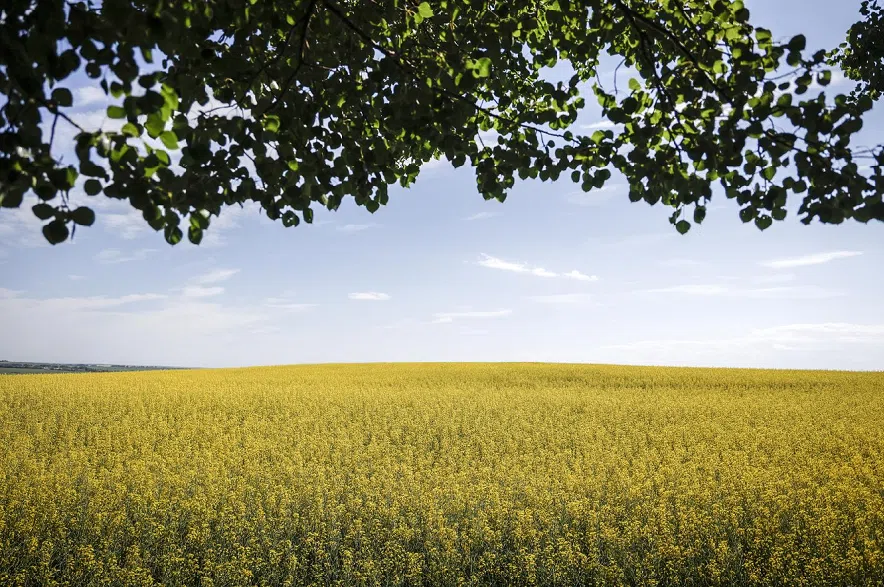SASKATOON — Prime Minister Mark Carney says he plans to work urgently to remove Chinese tariffs on Canadian agriculture and seafood products.
Carney says Ottawa is speaking with Chinese officials at the ministerial level and that the issue is a top priority for the federal government.
Read more:
- Canola tariffs hit hard as AgriStability program falls short: Sask Oilseeds
- ‘It feels personal’: Canadian farmers cope with Chinese tariffs on canola and peas
- Tariffs & Saskatchewan: What do Trump’s tariffs mean for you?
The commitment comes after a meeting the prime minister had with the country’s premiers in Saskatoon.
A statement released after the meeting says premiers want Canada’s trading relationship with China to improve.
Saskatchewan Premier Scott Moe has said China’s tariffs threaten the province’s canola industry and said in March that the tariffs on Chinese EVs are to protect North American EVs, which he says few can afford.
Well put, Trevor.
Sask’s canola industry is being put in the line of fire due to tariff’s on Chinese EV’s which nobody wants; to protect North American EV’s which few can afford; impacting Saskatchewan canola sales which people need and are already paying for. pic.twitter.com/jHrTwX3zve
— Scott Moe (@PremierScottMoe) March 8, 2025
Chris Davison, head of the Canola Council of Canada, previously said the tariffs are prohibitively high and the fallout will be felt across his industry.
He said China is a top market for Canadian canola that represents close to $5 billion in export value.
“The impacts will be widespread and will be felt across the industry, starting with farmers who grow the crop every year and extending beyond there to the companies that provide them with seeds and inputs … to grain companies and processors and ultimately to exporters,” Davison said.
Farms have faced headwinds from China before.
In 2019, Beijing blocked Canadian canola imports from two companies, citing contamination issues, though the move was believed to be in response to Canada detaining Meng Wanzhou, a Chinese business executive.
Canadians Michael Spavor and Michael Kovrig were also detained in China days after Wanzhou’s arrest.
Wanzhou and the two Canadians were released to their countries in 2021. China lifted its ban on canola the next year, but it’s estimated the Canadian economy lost about $2 billion as a result of the dispute.
— by Kyle Duggan and Jeremy Simes, with Canadian Press and CKOM News files
Read more:











